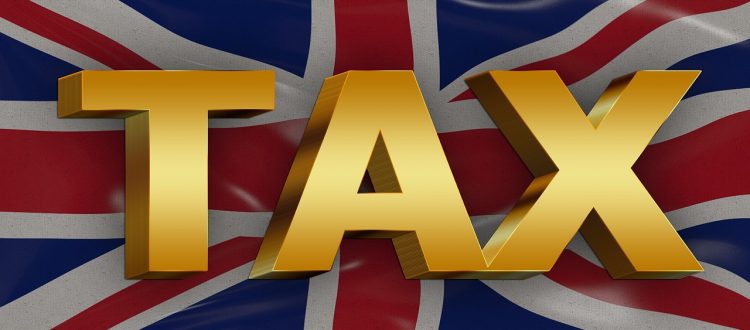Non-Resident Income Tax post-Brexit
This tax is regulated by Royal Legislative Decree 5/2004, of March 5, which approves the revised text of the Non-Resident Income Tax Law (TRLIRNR).
a
If you have British nationality, it will affect you to be no longer a citizen of the European Union. The IRNR’s objective is to tax the income obtained in Spanish territory by non-resident taxpayers, both individuals and entities. The change that British nationals will undergo is that they will become non-EU and this will directly affect their pockets, having to pay more.a
But who is a non-resident?
a
To answer this question, we must go to the IRPF (Personal Income Tax) law, the non-resident is one who does not have his habitual residence in Spain and it is known if he resides less than 183 days of the calendar year in the Spanish territory or that the main nucleus of its economic activities are not in Spain.a
Until December 31, 2020, a person who did not habitually reside in our country and was a citizen of a country of the European Union (EU) was taxed differently than a person who is not a European citizen. In fact, it is more advantageous to form of payment of an European citizen.a
But nowadays, a British person, because the United Kingdom is no longer part of the EU, and is taxed through the IRNR (for not usually residing in Spain), his way of declaring the income he obtained in Spain has changed in the following aspects:a
- You must pay taxes on the gross income (expenses could not be subtracted (that result in the net income) because that is the way how citizens of an EU country and those of countries that are part of the European Economic Area (EEA) pay the tax).
- A 24% is applied to gross income, 5 points higher than those that had been applied to them.
- You can not benefit from the exemptions provided by law:
- Interest and capital gains derived from movable property obtained by residents of another member state of the EU.
- Profits distributed by subsidiary companies resident in Spain to their parent companies resident in another EU or EEA member state.
- Dividends and shares in profits obtained by pension funds that are resident in another member state of the EU or the EEA.
- Dividends and profit shares obtained by collective investment institutions.
- Royalties between associated companies, paid to a company resident in a member state of the EU.
- Exemption for reinvestment in habitual residence for EU taxpayers.
- You will not be able to apply the regime that allows you to choose to pay through IRPF without losing your status as taxpayers by the IRNR.






